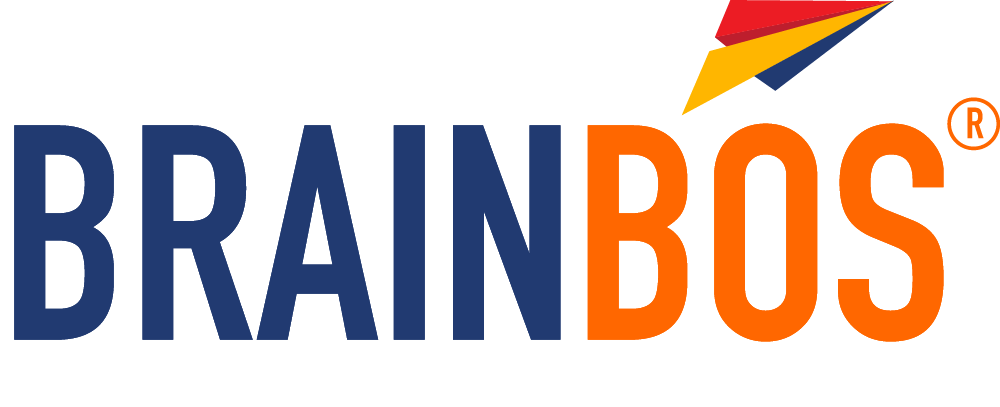
There are now law practice management systems that can help you know, with a glance at a financial dashboard, what’s overdue and for how long. Practice management systems also allow you to create easy-to-read reports to track your client receivables and unbilled time in the format you prefer – PDF, Word, PowerPoint, and others. After all, you need to have steady, dependable cash flow to maintain a healthy practice and the income that comes with that. Unfortunately, when nearly half of Americans struggle to pay bills, ensuring their lawyer is paid on time may not always be their highest priority.
- Your firm may face delayed payments due to client disputes, scope creep, or clients’ financial constraints.
- Attorneys deserve to be paid on time for the valuable work they do—and when you’re running a busy practice, you don’t want to waste time chasing down clients for payment.
- Clients who feel ignored are less willing to pay your invoice and may feel inclined to take out their frustration in an online review.
- Start your free 10-day trial of MyCase today (there’s no credit card needed).
Optimizing Accounts Receivable Management in Law Firms
These effective law firm accounts receivable strategies can transform your financial landscape. From sending invoices electronically to setting up multiple payment options, we’ve seen various ways to improve your law firm’s accounts receivable process. The reality is that law firms are businesses, and businesses need cash flow to survive and thrive. The efficiency of a law firm’s accounts receivable process is fundamental to profitability. Accounts receivable (AR) represents the total amount of money clients owe to the law firm for services provided but not yet paid. This includes all outstanding invoices that have been issued to clients, ranging from legal consultations to representation in court.
Client Trust Accounting in California: A Lawyer’s Guide

Solicitors are highly skilled professionals, so they shouldn’t waste their valuable time following up on outstanding bills. Unfortunately, too many firms struggle to optimise their accounts receivable processes, meaning valuable fee-earners spend too long chasing up overdue payments. Manual handling of payments is a thing of the past; innovative technologies and software are up and running to facilitate smooth transactions. Even legal firms can adopt billing software to manage normal balance accounts receivable. These tools allow you to create detailed invoices in a flash, easily manage client accounts, and send automated payment reminders.
Ways Lawyers Can Improve Accounts Receivable Collections

Conducting a potential new client consultation effectively is an art form. Stay on top of matters, communicate with clients, and view documents from your smartphone or any device with an internet connection. For example, if you’ve billed $200,000 in the past year but only collected $160,000, then your collections rate is 80%. In today’s economic times it is important to have stability in your collection activity and we certainly bring that to the table. Through CST WorldWide you will find top quality in results as well as analysis of your accounts thus providing The Source To Success for all your needs. Some companies desire total transparency thus covering sensitivity of customer relationships, others desire a partnership approach due to corporate climate.
- In this article, we’ll cover what you can do to prevent this from happening.
- With so many ways to pay digitally, it can be hard to know which one is right for your clients.
- Call them to explain when a big charge is coming instead of shocking them when they open their invoice.
- Request a demo today and take control of your firm’s financial future.
- Additionally, consider establishing clear procedures for managing retainer balances, including consistent communication with clients about their remaining funds.
- Over the decades we have created numerous programs to accent the needs of the credit manager in pre collection services as well as third party placement.
- Do that and you essentially fund the cost of the client’s legal services out of your pocket.
The end-to-end nature of automation means that invoicing, chasing up payments and everything in between happens quickly and efficiently. You also have the option of setting up scheduled payments with clients, allowing you to stabilize your cash flow. For almost 20 years, QuickFee has offered law firms a full suite law firm accounts receivable management of solutions to manage Accounts Receivable and online payments more effectively.
This not only affects productivity but also detracts from https://www.bookstime.com/ the quality of legal services provided. Managing payments, remembering to send reminders, and constantly following up with clients can add up to a significant amount of non-billable work. Instead, you can set up automated reminders as the next billing date approaches. Great attorneys often go out of their way to serve individual clients.
What we are is consultants who work with our clients to manage their receivables, including helping them get paid, while placing a premium on keeping the client relationship strong. Ensure that your accounts receivable software complies with legal and regulatory requirements, including client confidentiality and data security standards. Solutions that aren’t specifically built for law professionals may not adhere to the legal industry’s regulations. You set the tone for collecting accounts receivable at your first meeting with a client. From there, you reinforce your payment expectations, either directly or indirectly, by communicating clearly and consistently with your client. The best time to pitch clients on scheduling payments is during intake.

Conquer AR Challenges with Rocket Matter
Even better, aim to have your clients receive their monthly invoice three to four days after the first of the month. This increases the chances the client has recently received a paycheck and therefore has funds available. You don’t have to outline your time to the minute, but you should separate larger tasks and include a summary of each.

There may be other cases where a client tries to dispute charges with you directly or by filing a chargeback on their card. A client may refuse to pay or dispute payments if they’re unhappy with the results of their case or if they don’t believe the charges align with what you agreed upon. Plus, with our Smart Time Finder, your firm can capture billable time you may have missed via a passive time-tracking feature.

